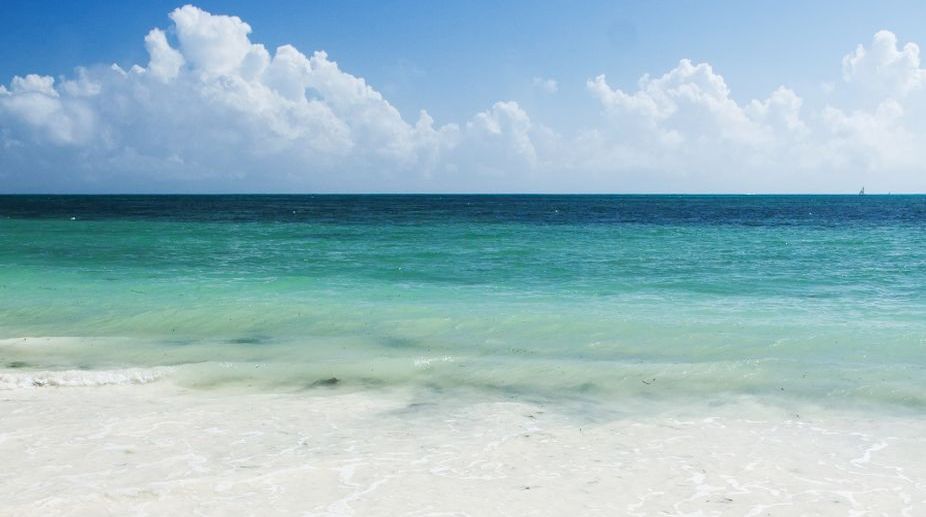Who is not in awe of the beauty of the mighty green and blue oceans? The tangy scent, the roaring sound of high tide and the cold saline waves are full of mysteries that are still unknown to human beings. Covering 71 per cent of earth’s surface and containing 97 per cent of water found on earth, they are home to over 2.2 million species.
Those who love the seas and oceans feel a strong connection with them. Walking on the beach, surfing, diving, snorkeling, sporting fishing or just watching the ocean can transport you to another world. It is one of the greatest gifts to human existence. Then, why the natural beauty is being destroyed by humans today?
Advertisement
Believe it or not, much of the ocean pollution begins from your home. Your little efforts may contribute to stopping the pollution. Land activities like sewage, industrial and agricultural runoff, garbage dumping, chemical spills, air borne pollutants such as sulphur dioxide and mercury from coal burning power plants are creating a huge dead zones. Every year around the world, very small amount of plastic is recycled than it is being produced. Much of what’s left makes its way into oceans.
Today, as the world observes World Oceans Day, take a vow to combat this mess and save the beautiful oceans.
Make 3 ‘R’s a vital part of your lifestyle – reduce, reuse and recycle. Discourage excessive packaging. Try to grab reusable things and the goods which can be recycled.
Dispose of the litter of your house and surroundings properly. When you see litter anywhere or anytime, just pick it up and dispose of in an apt way. Household cleaning products, pesticides, paints, polishes, fluorescent tube lights, bulbs and batteries are threat to oceans. You may contact recycle centres which have been set up to recycle such wastes . Don’t let motor oil to spill on the ground because rain will wash it into the water drain and from there out to the oceans.
Chemical fertilisers and pesticides can wash into the oceans. So, use organic fertilisers and home-made compost. Plant an organic garden in your house. You may also plan to plant a drought tolerant plant garden. This way you can reduce the use of water and fertilisers.
Washing your car, watering the lawn and many more home activities pick up pollutants and carry them into storm drains. Most cities don’t have treatment plants or even filters for this runoff carried to storm drains through rain water. Trash, pet waste and other pollutants found on streets, parking lots and yards etc. ultimately flow into the oceans. Personal care products may also contain polythene or polypropylene micro beads. Check the labels of these products before buying and say no to use such ingredients. Do your bit to stop all the dreadful activities.
Factories, oil refineries and electronic manufacturing units release effluents into water bodies. Encourage them to send waste to sewage treatment plants for handling rather discharging them directly to water bodies. Make your family members, friends and relatives aware of the ways to reduce pollution and save oceans. Is it wise to dump waste into oceans? Think twice! The pollutants not only pose danger to marine life but endanger human existence as well. Stop exploiting this natural water resource. Know your oceans. Dive into the deep ocean and explore, spread the word, and let the fascinating water world be your guiding light!











